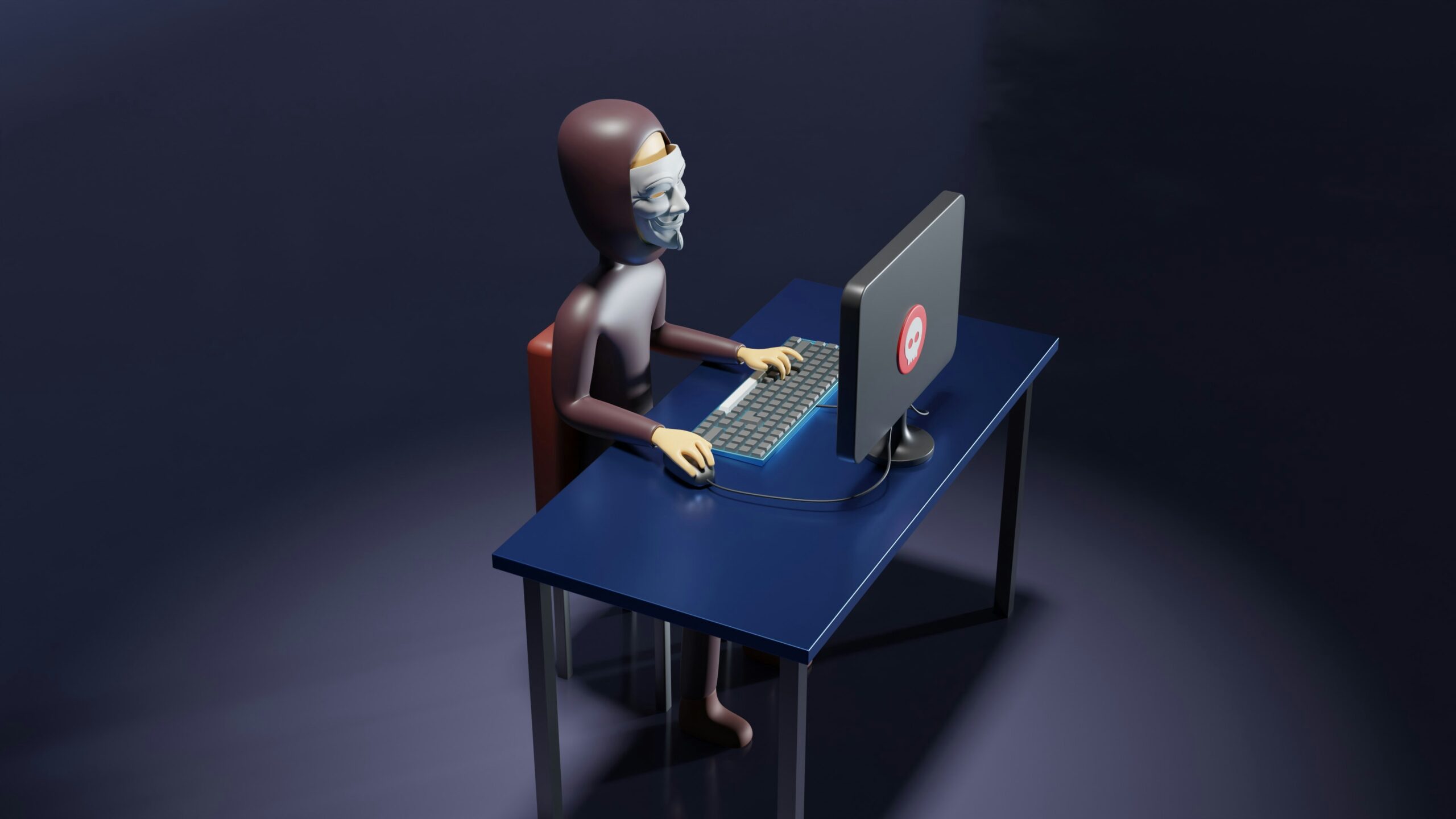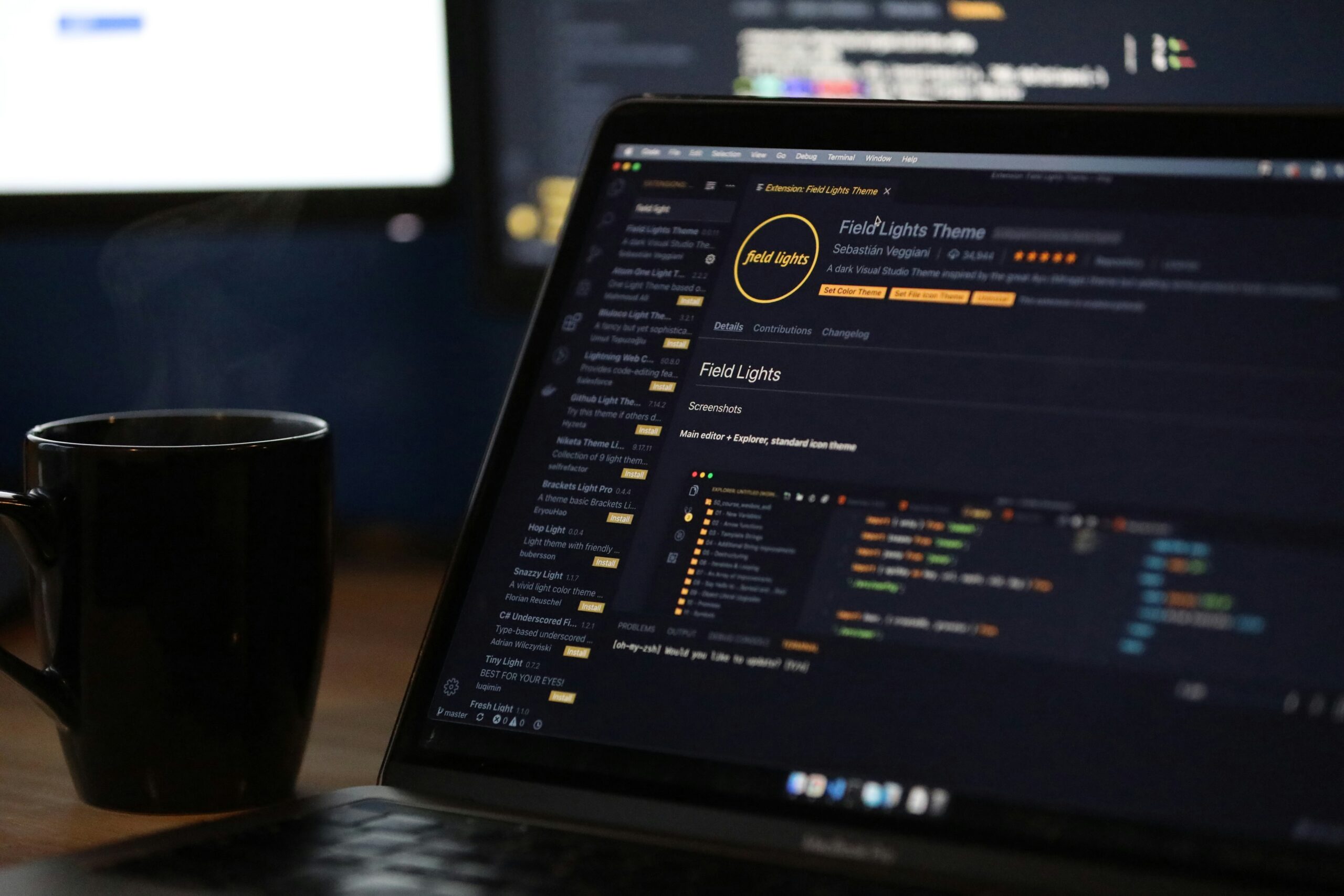Can Web Development Be Replaced by AI? Exploring the Future of Tech Jobs and Human Creativity
Everywhere I look these days AI seems to be shaking up the tech world. From chatbots handling customer support to tools that generate images in seconds it feels like there’s no limit to what artificial intelligence can do. So it’s only natural to wonder if web development—the art and science of building websites—could be next on AI’s takeover list.
I’ve watched as AI-powered platforms promise to design and code entire sites with just a few clicks. It’s exciting but also a bit unsettling for anyone who’s spent years mastering the craft. Can algorithms really replace the creativity and problem-solving skills of a human web developer? That’s the question I’m diving into as I explore where AI stands and what it means for the future of web development.
The Current Role of AI in Web Development

AI actively shapes web development by automating repetitive tasks and offering intelligent design suggestions. My experience shows that these advancements boost productivity and streamline user interface creation.
AI-Powered Tools and Their Capabilities
AI-powered tools in web development automate coding, design, testing, and content generation. Popular AI systems such as GitHub Copilot, Wix ADI, and ChatGPT show high utility in specific workflows:
| AI Tool | Core Functions | Example Tasks |
|---|---|---|
| GitHub Copilot | Code completion, bug detection | Writing JavaScript, fixing errors |
| Wix ADI | Automatic web design, layout choices | Generating responsive pages, layout changes |
| ChatGPT | Content creation, idea brainstorming | Writing meta descriptions, feature planning |
AI optimizes front-end styling, generates template-driven layouts, and validates form fields. AI image upscalers and accessibility analyzers, such as DeepAI and axe-core, further enhance visual quality and usability compliance.
How Developers Use AI Today
Developers integrate AI for code suggestions, design support, and automated testing in their workflows. I use AI to identify security vulnerabilities, recommend user journeys, and create SEO-friendly content. For e-commerce sites, AI assists with product recommendations and personalized experiences. Team members optimize project delivery through AI-generated documentation and translation tools, especially when handling multilingual content. Advanced chatbots, driven by natural language models, improve customer interactions by resolving routine queries without human input.
The Potential for AI to Replace Web Development
AI transforms how I approach web development by increasing speed and efficiency in standard site creation. Data-backed platforms now generate code and layouts with high accuracy, but AI’s impact also presents barriers and boundaries.
Automation of Design and Coding Tasks
AI automates repeated development steps across design and coding workflows. Tools like Wix ADI, Squarespace AI, and GitHub Copilot deliver templates, generate HTML and CSS code, debug errors, and offer content suggestions. I use these AI systems to: Generate mobile-responsive layouts with AI engines like TeleportHQ Pop-ulate images and text with OpenAI or Midjourney solutions Diagnose performance or accessibility issues using DeepMind’s AlphaCode or Google Lighthouse
| Tool | Key Function | Main Benefit |
|---|---|---|
| Wix ADI | Automated page layouts | Quicker site launch |
| GitHub Copilot | AI-driven code completions | Fewer syntax errors |
| ChatGPT | Natural language content generation | Fast text creation |
| TeleportHQ | Responsive design scaffolding | Template efficiency |
| DeepMind AlphaCode | Code review and optimization | Bug detection |
Limitations of AI in Creative and Complex Projects
AI lacks deep creative reasoning or the nuanced understanding found in experienced developers. AI-generated designs often follow established templates, leaving innovative interfaces or web applications—examples like online casinos, immersive games, or unique brand portals—reliant on human input. I find these AI constraints when: Customizing user journeys for niche industries Developing game logic or interactive casino features needing regulatory compliance and unpredictability Interpreting brand-specific aesthetics or advanced animations Solving cross-domain architecture or security challenges without precedent data
| Limitation | AI Challenge | Human Advantage |
|---|---|---|
| Creativity constraints | Template-driven layouts | Original interface concepts |
| Regulatory adaptation | Difficulty matching local laws | Legal insights, compliance |
| Industry niche features | Generic solutions, lacking specifics | Contextual relevance, expertise |
| Ambiguous requirements | Poor context handling | Problem-solving, adaptability |
AI reshapes basic web development functions, yet creative projects—especially casino gaming sites and advanced interactive platforms—depend on skilled developer expertise for regulatory compliance, unique design, and business strategy.
Human Expertise vs. AI Capabilities

Human expertise remains essential where AI’s capabilities reach their limits in web development. My work as a developer draws on creative problem-solving, nuanced design decisions, and an understanding of user needs that current AI can’t fully replicate.
The Importance of User Experience and Customization
I optimize user experience (UX) with custom solutions, integrating branding, accessibility, and real-time user feedback. AI platforms rely on standardized patterns, producing uniform layouts and interactions unless guided with extensive manual inputs. Customized sites, including those with adaptive interfaces or unique customer flows, depend on my insights into client goals and industry trends.
| Aspect | AI Capability | Human Expertise |
|---|---|---|
| Personalization | Based on user data | Intuitive and strategic |
| Accessibility | Follows basic standards | Incorporates feedback |
| Branding Integration | Uses templates | End-to-end design control |
| Real-Time Adaptation | Limited | Context-driven |
Problem Solving and Critical Thinking
I resolve complex challenges by analyzing unique project requirements, adapting to evolving parameters, and innovating new features. AI-driven tools identify bugs and offer code suggestions based on existing databases, but they don’t understand business logic or make strategic decisions for new site features. My experience allows me to anticipate user behavior and regulatory needs, proactively addressing conflicts that AI misses.
| Task Type | AI Tools (e.g., GitHub Copilot) | Human Developer |
|---|---|---|
| Code Generation | Fast for simple code | Integrates broader functionality |
| Debugging | Identifies syntax errors | Resolves logic and architecture |
| Requirements Gathering | Follows data patterns | Engages with clients/stakeholders |
| Adaptation to Change | Relies on retraining | Quickly adjusts to new trends |
Advanced Custom Projects: Online Casinos
Building online casinos demonstrates how my expertise outperforms AI in specialized web development. Compliance with strict legal regulations, custom game engines, and unique interface requirements require my understanding of risk management and user engagement strategies. AI assists with basic templates and testing, but full project realization relies on my input to meet legal, UX, and security standards.
| Component | AI Contribution | Human Contribution |
|---|---|---|
| Regulatory Compliance | None | Legal expertise and adaptation |
| Game Logic and RNG | Code suggestion | Secure, fair, and engaging algorithms |
| Fraud Detection | Pattern recognition | Strategic rules and manual auditing |
| Custom UI/UX | Basic layout | Brand-aligned, dynamic interactions |
The Future Outlook: Collaboration or Replacement?

AI and web development now intersect more than ever, prompting important questions about collaboration and displacement. My observations show that AI’s rapid progress shapes both industry operations and developer roles.
Evolving Trends in AI and Web Development
AI redefines how I approach web projects, with automation and advanced suggestions shaping workflow. Platforms such as Wix ADI, TeleportHQ, and GitHub Copilot streamline development by generating code, designs, and content from brief inputs. Natural language processing enables AI to interpret complex instructions, supporting faster prototyping and deployment. Low-code and no-code environments expand, empowering non-developers to launch basic sites without traditional coding. Data from Gartner indicates that by 2025, over 70% of new applications in enterprises may use no-code or low-code technologies. Generative AI now produces layouts, accessibility features, and SEO plans to standards once considered advanced.
| AI-Driven Features | Example Tools | Impact on Web Development |
|---|---|---|
| Automated code generation | GitHub Copilot | Increases development speed |
| Template-based website creation | Wix ADI, Squarespace | Enables rapid site launches |
| Intelligent testing and debugging | ChatGPT, Copilot | Reduces error rates |
| Content optimization | Jasper, Bard | Improves SEO and readability |
These vectors shape industry standards by shifting developer focus toward creative, strategic, and high-value work.
Potential Impact on Web Development Careers
The workforce dynamic in web development now balances AI’s capabilities with human expertise. Routine coding, template generation, and standard testing often become automated. If a project remains non-custom or low-complexity, automation reduces demand for entry-level developers. Demand rises for roles specializing in design reasoning, UX strategy, and business logic as these require human insight. For instance, jobs emphasizing creative prototyping, brand integration, and accessibility auditing grow. Stack Overflow’s Developer Survey in 2024 found that 59% of developers use AI as an assistant, but 66% identify irreplaceable value in problem-solving and adapting to new business needs.
| Career Aspect | AI Impact Level | Human Value Addition |
|---|---|---|
| Basic website development | High | Limited creativity; AI dominates |
| Custom application architecture | Low | In-depth reasoning; human-led |
| Accessibility and compliance | Medium | Nuanced standards; human oversight needed |
| Creative design and branding | Low | Unique vision; human-collaborative |
| Security and data privacy | Medium | Expert adaptation; critical human input |
AI augments rather than entirely replaces my skillset, with collaboration driving innovative outcomes and strategic shifts in career trajectories.
Conclusion
As I look ahead it’s clear that AI will keep transforming web development but it won’t fully replace the creative and strategic value that skilled developers bring. The most exciting opportunities lie in combining AI’s speed and automation with human insight and adaptability. I’ll keep exploring new AI tools and techniques to stay ahead in this evolving field. By embracing both technology and human expertise I believe we can create smarter more engaging web experiences for everyone.
Frequently Asked Questions
How is AI changing web development?
AI is automating repetitive tasks, generating code, providing design suggestions, and streamlining workflows. Tools like GitHub Copilot and Wix ADI help developers work faster, improve productivity, and enable even non-developers to build basic websites with minimal input.
Can AI replace human web developers?
AI can automate standard coding and design tasks but cannot fully replace human developers, especially in creative or complex projects. Human expertise is crucial for unique designs, problem-solving, regulatory compliance, and strategic decision-making.
What are the limitations of AI in web development?
AI often relies on templates and lacks deep creativity or critical thinking. It struggles with nuanced problem-solving, specialized projects, and integrating real-time user feedback, where human input is essential for optimal results.
What roles do human developers still play?
Human developers excel in creative problem-solving, custom design, UX optimization, strategic planning, and ensuring compliance with legal standards. They adapt to project needs and anticipate user behaviors in ways AI tools cannot.
How does AI improve e-commerce websites?
AI enhances e-commerce by offering personalized product recommendations, optimizing content for search engines, and providing automated customer support through advanced chatbots.
Are AI-powered website builders suitable for all projects?
AI builders like Wix ADI are great for creating standard websites quickly. However, complex sites requiring unique features, branding, or legal compliance—such as online casinos—still require human expertise.
Is AI impacting job opportunities in web development?
AI is shifting the nature of web development jobs. While routine tasks are becoming automated, there’s a growing demand for specialists in design reasoning, UX strategy, and business logic, ensuring continued need for skilled developers.
Will low-code and no-code platforms eliminate the need for coding skills?
Low-code and no-code platforms make it easier for non-developers to build basic websites, but coding skills remain necessary for custom functionality, complex projects, and high-level problem-solving.
How can developers adapt to the rise of AI in their field?
Developers should focus on creative, strategic, and problem-solving skills that AI can’t replicate. Learning to collaborate with AI tools and mastering areas like UX design, business logic, and compliance will ensure ongoing value in the industry.
